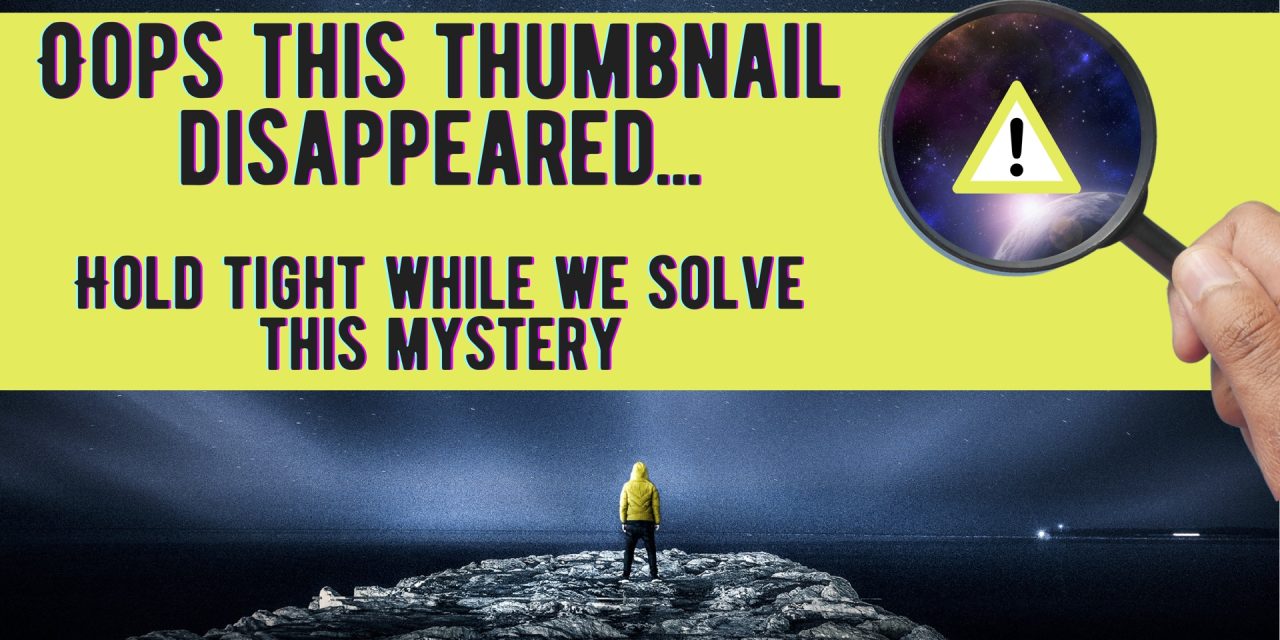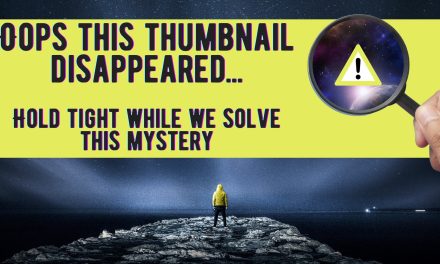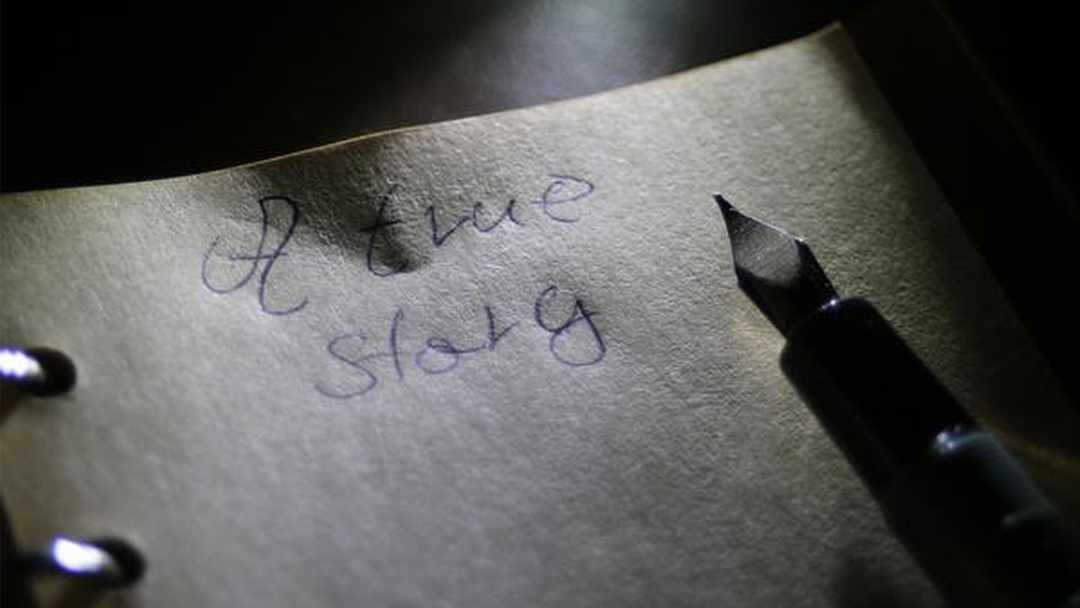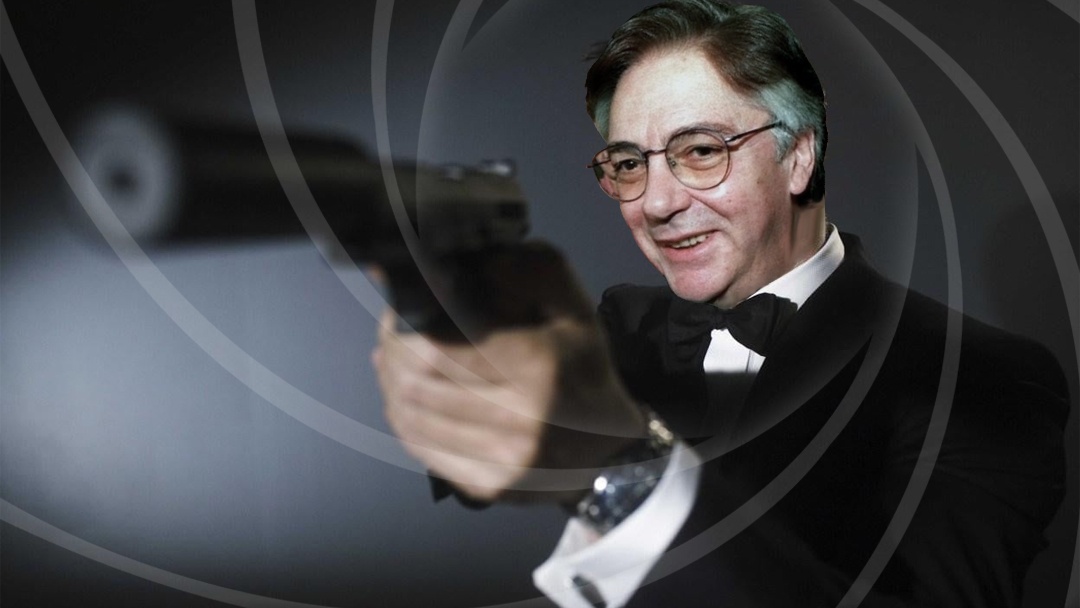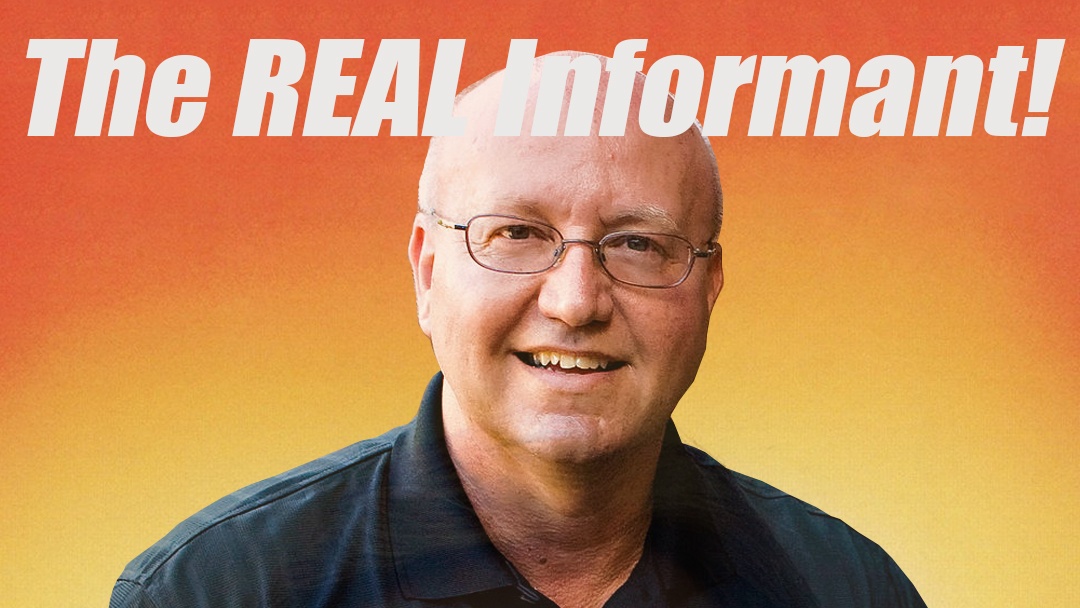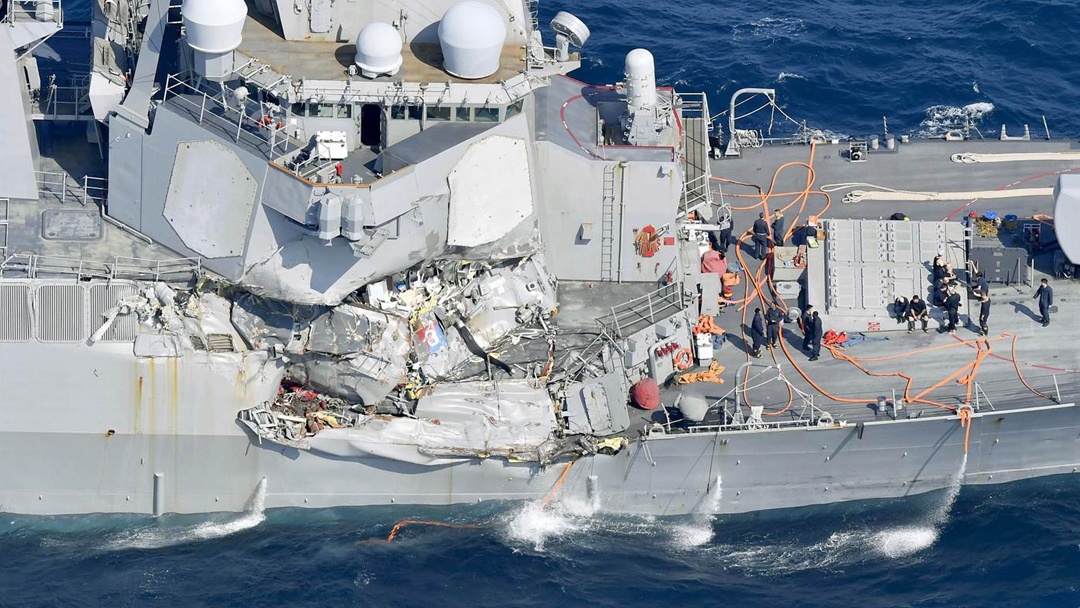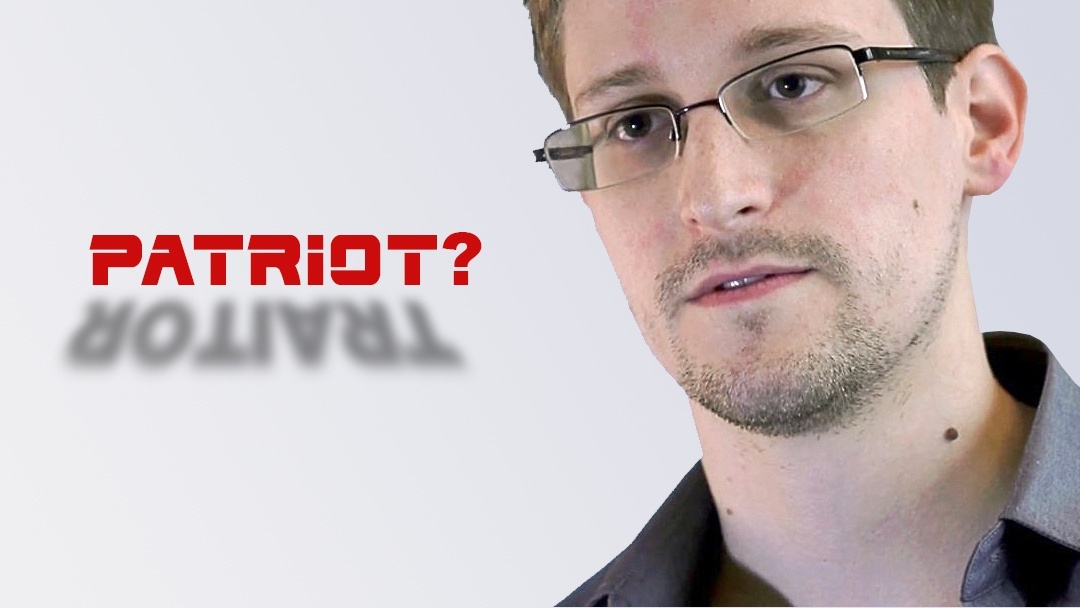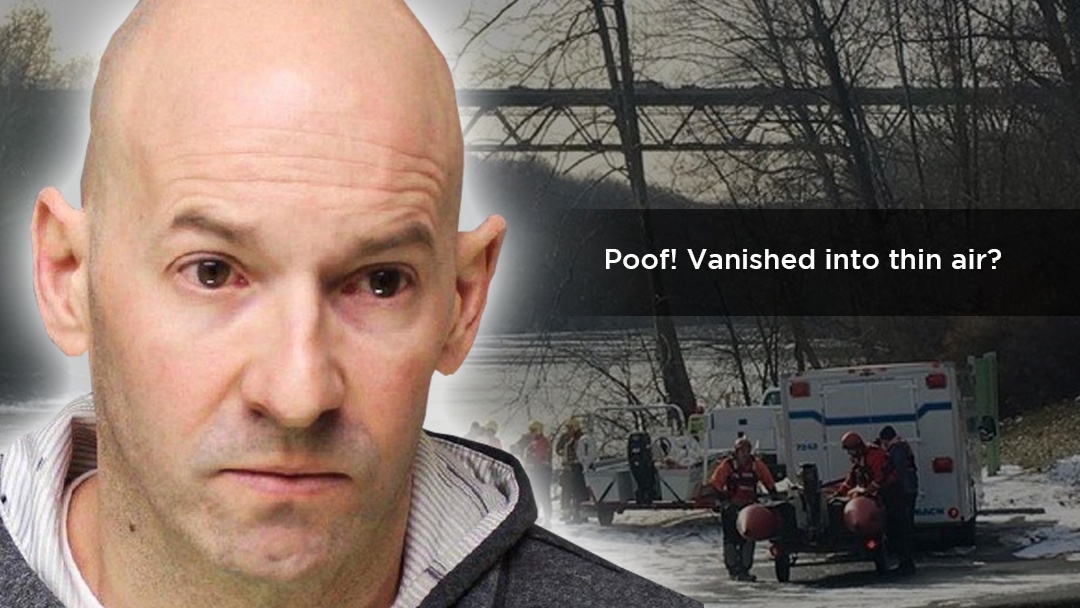If you just tuned in at random, the reporter-on-the-scene device could make the story sound like actual breaking news, all too real.
The nation woke up to headlines about the radio coverage of a fake invasion sending tens of thousands into panic and mass hysteria. Accounts of families fleeing their homes, loaded shotguns, suicides, and photos of frightened people in front of their radios captioned “war victims” graced front pages of some major newspapers.
Over 13,000 articles were written on the fictitious attack in the following month. But as convincing as the radio broadcast may have been, documented evidence reveals that the hysteria was nowhere near the level that was depicted in the media.
There were announcements at the beginning and twice during the program that explicitly stated it was fictionalized. The broadcast had low ratings and played in the same slot as NBC’s highly popular comedy variety show, The Chase and Sanborn Hour. Additionally, several leading CBS affiliates preempted the radio show with local programming of their own. The alleged millions of listeners were in fact a more modest audience.
Similar to today’s Nielsen ratings for television, The C.E. Hopper Company called approximately 5,000 households during that hour to poll the radio programs they were tuned into. Apparently, the War of the Worlds broadcast only attracted an audience of single digits, as low as two percent of those tuned to radio.
Law enforcement reported no violence, suicide, or hospital accounts in relation to the program. Instead, there was a small surge of New Jersey phone calls asking for more information or whether it was a hoax.
Radio was proving to be a fierce competitor in providing news and advertising for the. Threatened by this new medium of innovation and entertainment, perhaps the newspapers industry took matters into their own hands. What else sells papers faster than the words war, panic, and terror?
We’re left with a pair of mysteries about gullibility– how could some people believe the War of the Worlds invasion was real, and how could others believe that a radio show parallyzed an entire nation with fear?
A Mind Over Mystery Question- How do we separate fact from fiction on radio or television?
